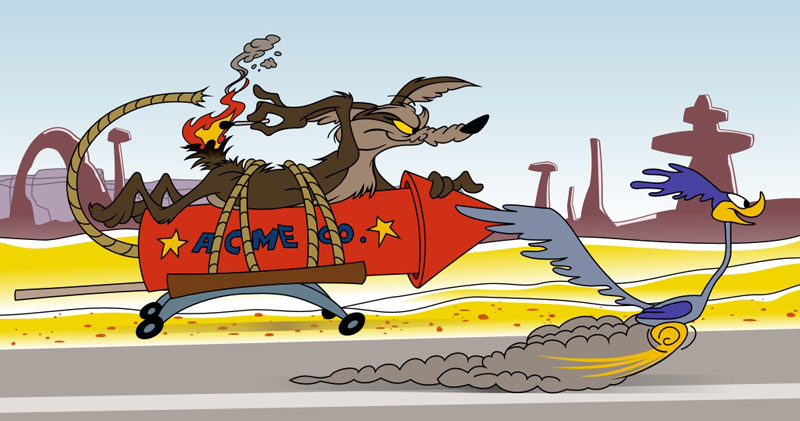
Immigration and freedom of movement
Fake thinktanks, data harvesting and targeted propaganda
Role of the social media giants
Populist tricks and how to see through them
Are people changing their minds?
As loyal reader (not a typo) will know, I’ve compiled a fair bit of material about Brexit and the rise of populism on this site. But there are of course plenty of others with more knowledge and a better work ethic than me, so there’s a veritable glut of information out there now. Only thing is, it’s all so … scattered. So this page will serve as a nexus for all the best articles, blog posts, tweets and other resources related to the ongoing clusterfuck.
It will of necessity be fairly skeletal to be begin with, as I wanted to get it up sooner rather than later, but I hope it will grow quickly – ideally with your help. Feel free to suggest any links you’ve found useful. (And don’t be upset if I don’t use them straight away. I don’t have as much time or energy to spend on this as I’d like.)
What is the European Union?
Newsbeat version (for Brexiters)
European attitudes to the EU (2018 survey: 53% of Brits think the EU has been a force for good)
Brexit terminology explained: EEA/EFTA, non-tariff barriers, max fac, backstop, etc. Part of a huge reference resource
Full Fact: What proportion of UK laws are written by the EU (of which, just to remind you, the UK is a contributing member)? Answer: smaller than you think. There’s a ton more EU mythbusting on the same site.
Financial Times: How EU membership has benefited Britain
The referendum
Summary of Britain’s 1975 referendum on EEC membership (pdf)
The Electoral Commission’s regional breakdown of results, plus lots of other useful links
Handy summary of the known criminality associated with the referendum campaign
European Law Monitor: did people really fall for Leave’s lies? All that matters is, enough of them did. (Leave campaign literature and post-ref polling information)
Was the press coverage during the campaign balanced? – Reuters Institute. Have a guess. (Oh, and guess what percentage of spokespeople cited were experts? A staggering 13%.)
A staggering graph plotting the results of the annual survey that asks people: “What’s the most important issue facing Britain?” Look at the blue line. Just fucking look at it.
The BBC’s EU referendum poll tracker. Pay particular attention to the “don’t knows”. Somehow, in the last few days of the campaign, someone managed to swing all the don’t knows to Leave. It’s surely a complete coincidence that Vote Leave spent the vast majority of its (illegally large) budget on unaccountable, bespoke social media adverts in the last three days.
Economics and trade
The UK government’s analysis of the long-term economic impact of Brexit
The UK government report (pdf) on the impact of no-deal Brexit
The Brexit Shitstorm Forecast, a rolling summary of the effects, good and bad, of Brexit. (Almost three years, and nothing good yet)
Bloomberg’s Brexit Tracker, listing all the effects, negative and negative, of Brexit on UK businesses
Treasure trove of Brexit-related info from IGD, a research group affiliated with the food and grocery industry
Brexit job losses: no further explanation needed
Steve Peers debunks the “batshit” Lisbon Treaty 2022 myths
Steve Analyst’s thread on EU coffee tariffs (refuting a tiresomely common Brexit lie)
Jim Cornelius’s thread on EU tariffs on oranges (same deal)
Jim pulverises animatronic turnip Tim Martin’s bullshit about tariffs on rice
Holger Hestermayer’s thread on GATT article XXIV: can trade continue unhindered after a no-deal Brexit? No.
Thread by Edwin Hayward: what does trading on WTO terms really mean?
Institute for Government: 10 things to know about WTO
So you thought Brexit was going to help the fishermen?
Kid Tempo’s thread on why unilaterally dropping all tariffs isn’t the magic bullet for the UK’s trade woes.
All the times Brexiters promised we’d stay in the single market (video). Actually, there are many more, but this was all they’d turned up on video at the time.
Immigration and freedom of movement
My potted history of human migration
Me on myths about freedom of movement
The 3 Million: useful info for our European friends and our former compatriots
Northern Ireland
Jonathan Mills’s thread on the Northern Irish backstop
Higher education
Universities UK: The impact of Brexit on the sector
Britain’s global influence
UK government report on the effects of Brexit on the UK’s role in the world
Fake thinktanks, data harvesting and targeted propaganda
Richard Corbett’s Long List of Leave Lies lists the fibs the Leave campaign told in order to cheat their way to victory, along with some impressive refutations
European Commission’s Euromyths: hundreds more examples of the above, generally peddled by the UK’s gutter press
The Bad Boys of Brexit: MEP Molly Scott Cato’s treasure trove of background info on the people who engineered the disaster: a cabal of chancers, shysters, hucksters and outright villains
How much your average Tory MP knows about the EU
Who are the European Research Group?
Banks and Wigmore give evidence to the DCMS committee (then walk out early) (video)
Open Democracy: How did Arron Banks afford Brexit?
Andrew Tyrie questions Vote Leave chief Dominic Cummings on the referendum, Jun 2016 (video)
Cummings’s blog posts on the referendum (content warning: tedious, smug and overwrought, but some enlightening nuggets buried in there somewhere)
We need to talk about Tufton Street: Details of the shadowy network of opaquely funded “thinkthanks” based at 55 Tufton Street – the Institute for Economic Affairs, Civitas, the Taxpayers’ Alliance et al – whose representatives, despite their complete lack of relevant qualifications and clear neoconservative agenda, are interviewed on political talkshows as “independent experts” on a daily basis
George Monbiot on how US billionaires are funding the far right in the US and UK
Why do American corporations want Brexit so badly? Read this 2014 essay on the Heritage Foundation website to find out. (Heritage is the US template upon which the UK “thinktanks” were built: climate change sceptics, anti-tax, anti-regulation, inexplicable charitable status, donors unknown – but agenda points squarely to big business)
The Koch brothers’ integrated strategy for social transformation. Sounds terrifying, doesn’t it? It is.
Robert Mercer, the shadowy, evil billionaire behind Breitbart and Bannon
The Brink: inside Steve Bannon’s plan to ruin the world
Who is Chloe Westley? Short thread (with some interesting addenda) on the TaxPayers’ Alliance’s Australian rentagob shill
Gavin Esler for the New European on the lesser-known faces of the Brexit Posse
Electoral Commission findings on breaches of law by Vote Leave and BeLeave’s Darren Grimes
DeSmog: Economists for Free Trade: the climate change deniers pushing for a hard Brexit
Carole Cadwalladr’s Observer piece on the global data operation that drove Brexit, still one of the few efforts by mainstream media to get to grips with the problem
What is 4chan, and what role did it play in the rise of Trump and the alt-right?
VICS (Voter Intention Collection System): the software Vote Leave used to win
DFR Labs: How bots work
Andrew Hickey: Why people can’t think – an essay on the increasingly obvious limitations of the human brain
Dr Emma Briant’s testimony to the DCMS on the murky methods of Cambridge Analytica, AIQ et al (pdf)
How Trump uses the same methods as Hitler (audio: interview with founder of SCL Group, parent of Cambridge Analytica/AIQ)
Sara Danner Dukic’s thread on how they fuck with your brain
Umair Haque’s essay on how social media hacked the human mind
Telegraph: two-thirds of Britons polled in May 2016 did not think Brexit would make them any poorer. Boy, how stupid must they feel now?
Who funds the anti-NHS “thinktank” the Institute for Economic Affairs? Well, blow me down if it isn’t Big Tobacco.
The Russia connection
The Atlantic Council’s reports on Russian disinformation efforts in Europe: 1.0 (UK, France, Germany), 2.0 (Greece, Italy, Spain) and 3.0 (Denmark, Netherlands, Norway, Sweden)
The Russian “Firehose of Falsehood” (pdf) model of propaganda
NPR: What is dezinformatsiya, and how does it work?
JJ Patrick’s Pfft-what-tinfoil-hat-bollocks-oh-no-it’s-suddenly-all-terrifyingly-true Alternative War, on the kleptocrat/populist disinformation masterplan. That’s a link to the Amazon page; there’s a good taster here
Daily Beast: Russia’s long history of messing with American minds
US Helsinki Commission on Russian information warfare
Washington Post: how the trolls invaded America (not Brexit, but related)
Fake news and social media
The Department of Culture, Media and Sport’s 2019 report into fake news (pdf)
Government preparations
Hansard: the Brexit statutory instruments
Online debate: populist tricks
My bit on feeble populist arguments and how to rebut them. Basically, how to shoot down those dreary, witless souls who parrot slogans they’ve picked up from memes and the Daily Express – “They need us more than we need them”, “Millennium bug!” – but don’t really understand.
How to outthink a Brexiter (no, it doesn’t just say, “Think”)
The turning tide
Swansea has second thoughts about Brexit
On Twitter? Follow @RemainerNow, the community for those who are kicking themselves.
And just for shits and giggles …
Daniel Hannan’s hilarious flag-waving vision of Britain after Brexit. Be sure not to have a mouth full of tea when you read.
Do also check out the Brexit database and aggregator, a rather more thorough, if less colourful approach to the same sorta ting.
Work in progress – more to follow …






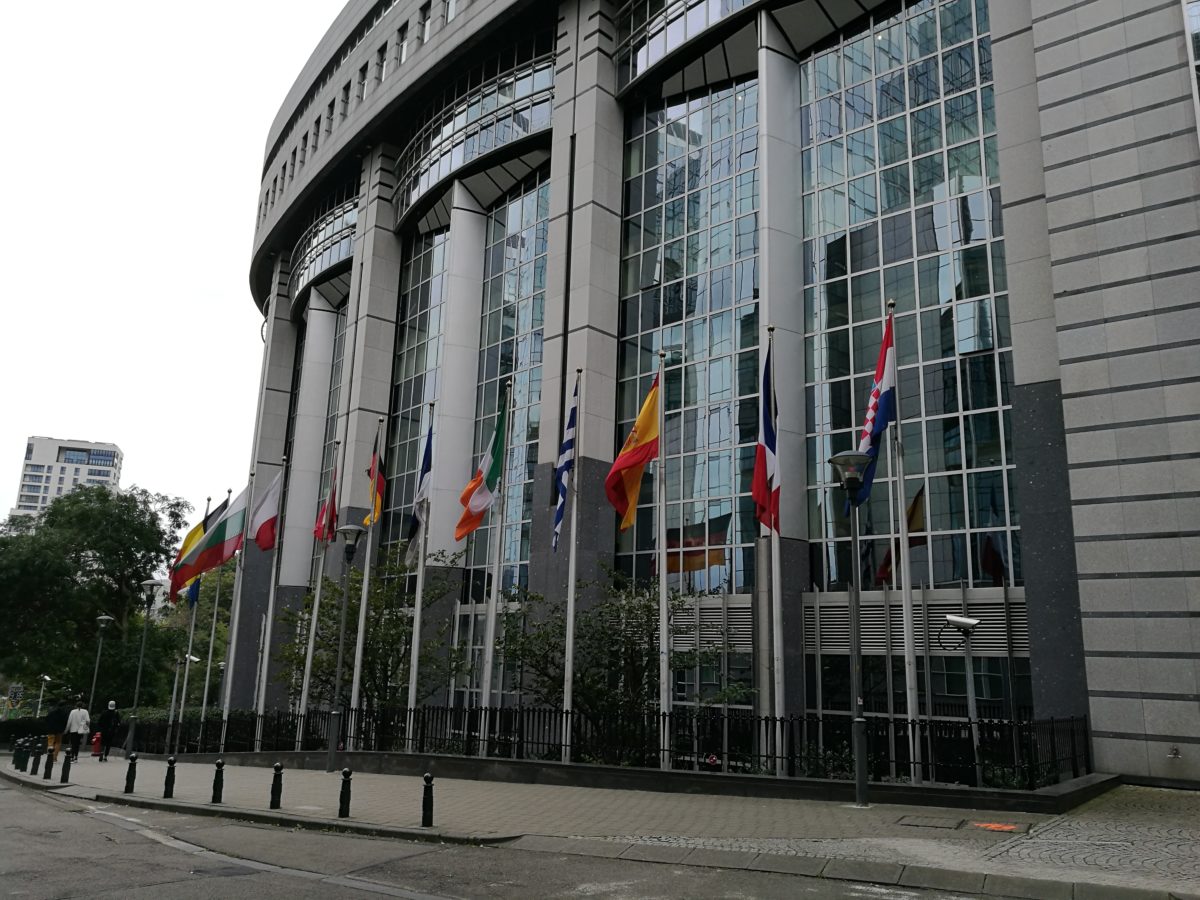

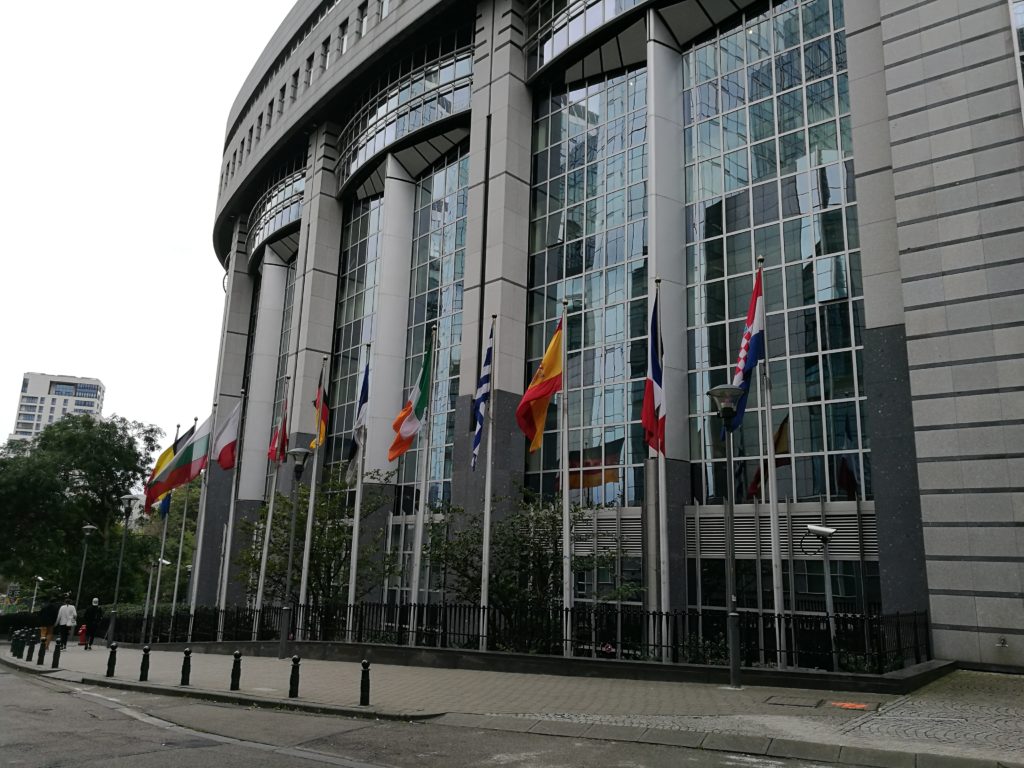



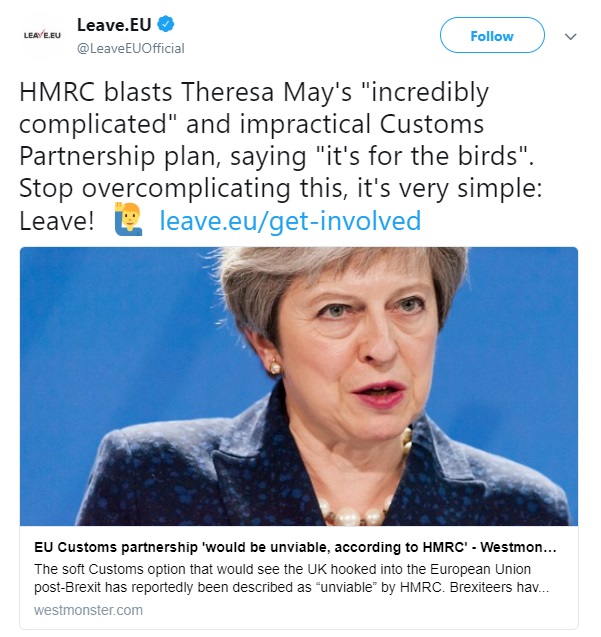 This, my populist friends, is the end result of the process I’ve been banging tiresomely on about. This is
This, my populist friends, is the end result of the process I’ve been banging tiresomely on about. This is 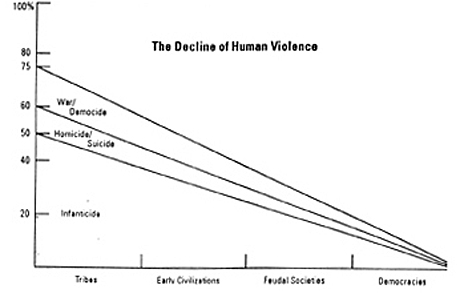
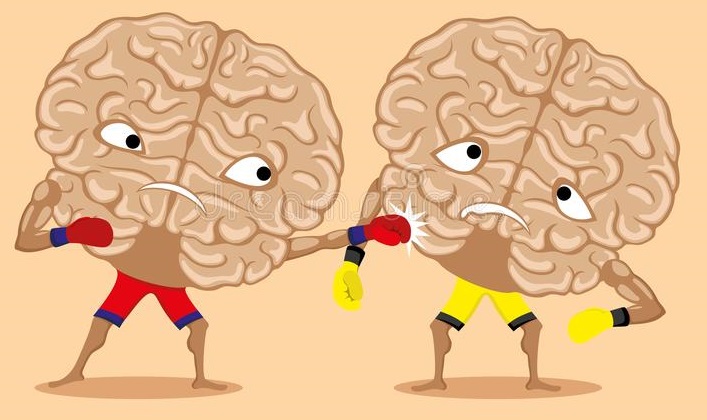
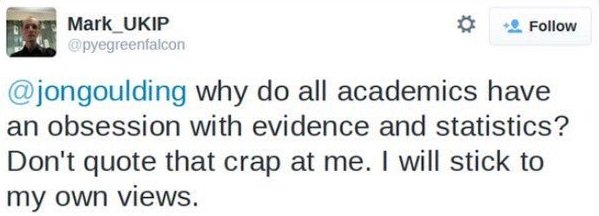

 Their passion is not wholly misplaced. As we’ve seen, the system 1 brain, honed over millennia, is a perfectly good remedy to many problems. You sure as hell don’t want to be hanging around engaging your Spock when there’s a rock hurtling straight at your head.
Their passion is not wholly misplaced. As we’ve seen, the system 1 brain, honed over millennia, is a perfectly good remedy to many problems. You sure as hell don’t want to be hanging around engaging your Spock when there’s a rock hurtling straight at your head.


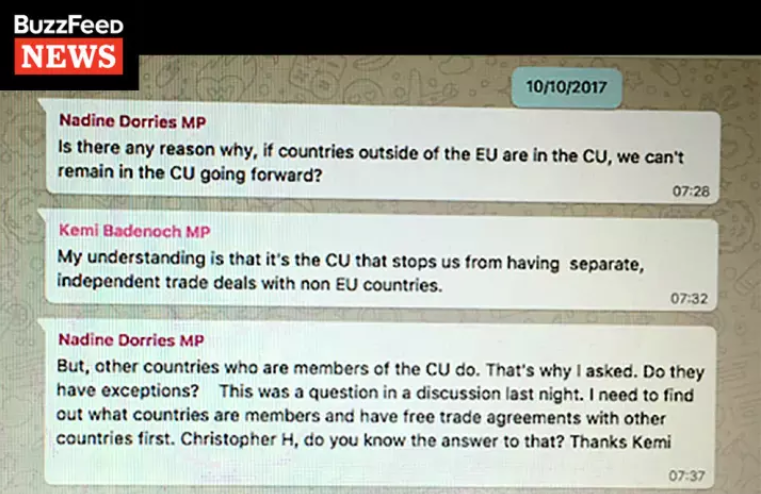 Nadine Dorries (MP!) came in for a lot of stick for her assertion that the vote to leave the EU was correct
Nadine Dorries (MP!) came in for a lot of stick for her assertion that the vote to leave the EU was correct 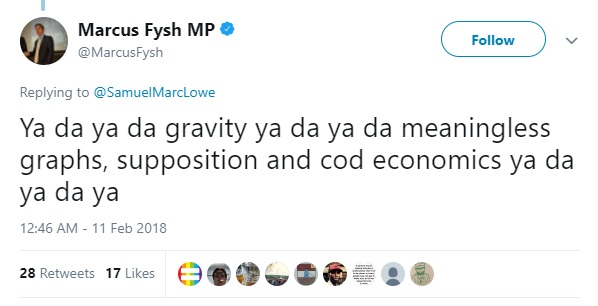
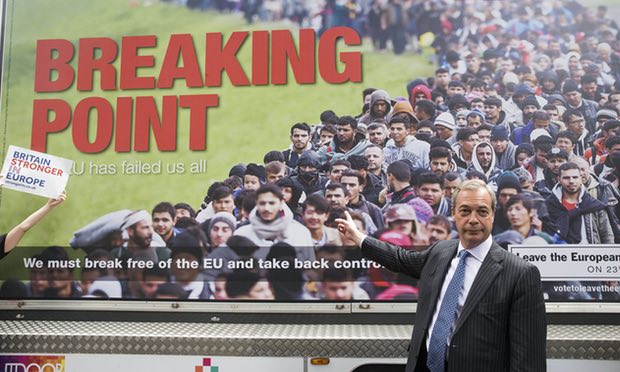

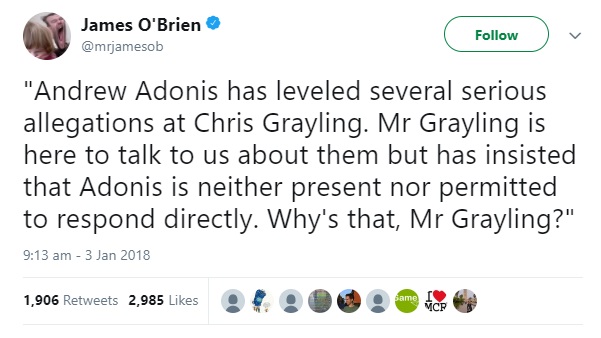 They’re assisted in this by the dumbed-down clickbait culture that’s consuming our media. The coverage of science in most newspapers these days is woeful: research findings are published without caveat, rebuttals added too late, if at all. And on news programmes, it’s increasingly rare to see a genuine expert consulted on any issue of note. You can understand why: academics can be a little dry and stuffy, their arguments detailed, nuanced, full of ifs and buts.
They’re assisted in this by the dumbed-down clickbait culture that’s consuming our media. The coverage of science in most newspapers these days is woeful: research findings are published without caveat, rebuttals added too late, if at all. And on news programmes, it’s increasingly rare to see a genuine expert consulted on any issue of note. You can understand why: academics can be a little dry and stuffy, their arguments detailed, nuanced, full of ifs and buts. If a showdown with someone who knows their stuff is unavoidable, far right-demagogues have several ploys. The crassest is simply to prevent their opponent from getting a word in edgeways, as
If a showdown with someone who knows their stuff is unavoidable, far right-demagogues have several ploys. The crassest is simply to prevent their opponent from getting a word in edgeways, as  Yes, they goofed up once. (Or rather, a different group of economists did; that was 10 years ago.) But those economists were appointed to their jobs over thousands of hugely qualified rivals. If they weren’t generally good at their jobs, they’d have lost them long ago. They’re still far more likely to make accurate forecasts about the UK’s future outside the EU than Kev from Castle Point.
Yes, they goofed up once. (Or rather, a different group of economists did; that was 10 years ago.) But those economists were appointed to their jobs over thousands of hugely qualified rivals. If they weren’t generally good at their jobs, they’d have lost them long ago. They’re still far more likely to make accurate forecasts about the UK’s future outside the EU than Kev from Castle Point.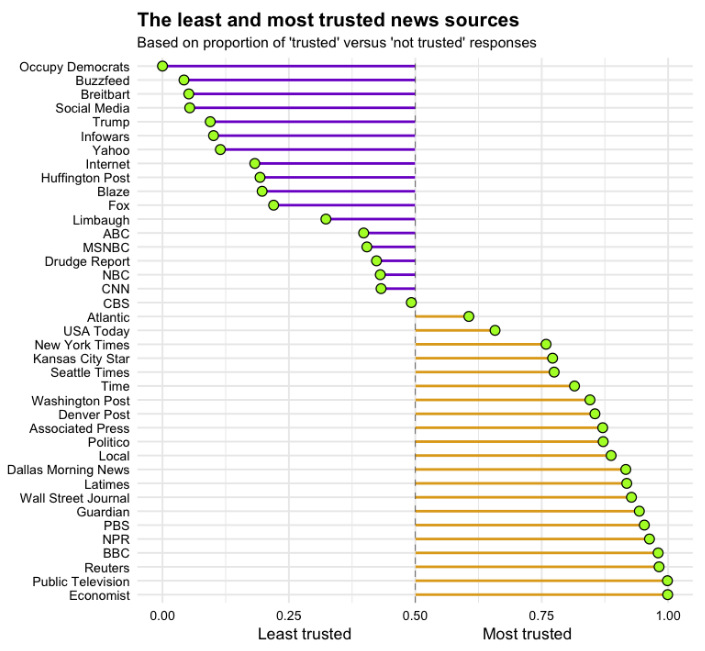
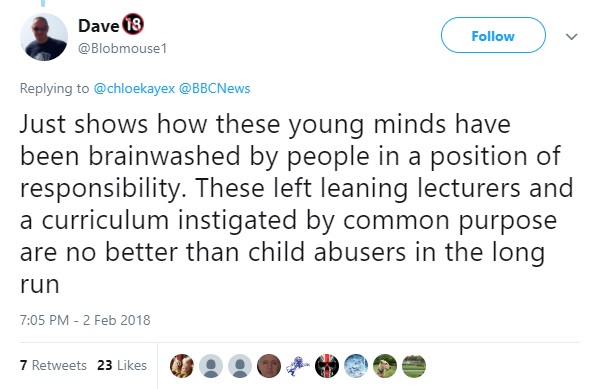 If any of these deluded souls had ever been within a country mile of a campus, they’d know the truth was more mundane. With the exception of the politics faculty and the student union offices, universities are not especially political places. Some right-on loon might make the news every few weeks with a call to ban music from campus because it’s discriminatory against deaf people, but most courses don’t even touch on politics (students of history and the social sciences make up 8% of the corpus) and membership of political groups is low. Most students aged 18-21, like most non-students aged 18-21, are more interested in beer, sport and sex than they are in social welfare budgets or the privatisation of the Land Registry.
If any of these deluded souls had ever been within a country mile of a campus, they’d know the truth was more mundane. With the exception of the politics faculty and the student union offices, universities are not especially political places. Some right-on loon might make the news every few weeks with a call to ban music from campus because it’s discriminatory against deaf people, but most courses don’t even touch on politics (students of history and the social sciences make up 8% of the corpus) and membership of political groups is low. Most students aged 18-21, like most non-students aged 18-21, are more interested in beer, sport and sex than they are in social welfare budgets or the privatisation of the Land Registry. We’re fully into wackjob territory now. I know George Soros is rich, but to fund every Remain vote and leaflet and march and pro-Remain MP and academic and research paper and CEO and judge and economist, and keep it all a secret … You know what? If that did turn out to be the case, I’d remain a Remainer, because I’d want to be on that man’s side.
We’re fully into wackjob territory now. I know George Soros is rich, but to fund every Remain vote and leaflet and march and pro-Remain MP and academic and research paper and CEO and judge and economist, and keep it all a secret … You know what? If that did turn out to be the case, I’d remain a Remainer, because I’d want to be on that man’s side.